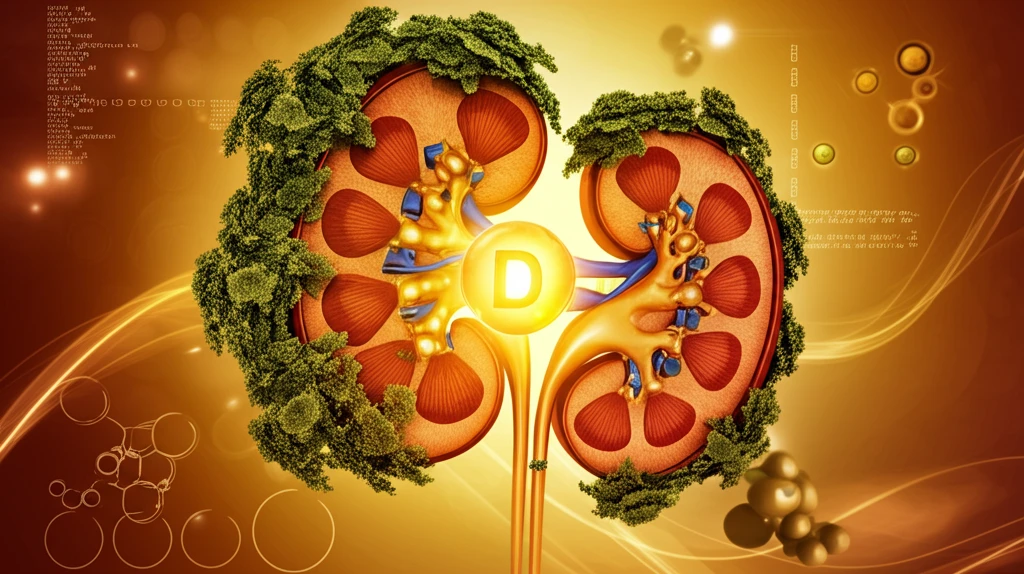
Unlock Your Body's Potential: How Glutathione Impacts Vitamin D and Overall Health
"Discover the crucial link between glutathione, vitamin D, and your well-being, and learn how to optimize both for a healthier life."
In the quest for optimal health, understanding the intricate relationships between various biological compounds is key. Two such compounds, glutathione and vitamin D, play pivotal roles in maintaining overall well-being. Recent research sheds light on how a deficiency in glutathione can significantly impact vitamin D metabolism, potentially leading to various health issues.
Chronic kidney disease (CKD) affects a significant portion of the global population. Studies reveal a concerning link between glutathione deficiency, increased oxidative stress, and disruptions in vitamin D metabolism among individuals with CKD. This connection underscores the importance of addressing glutathione levels to support kidney health and overall metabolic function.
This article will delve into the science behind glutathione and vitamin D, exploring how glutathione deficiency can alter the enzymes responsible for vitamin D metabolism. We'll also provide practical insights and actionable steps you can take to ensure you're getting enough of both essential compounds, empowering you to take control of your health.
The Dynamic Duo: Understanding Glutathione and Vitamin D

Glutathione is a powerful antioxidant naturally produced in the body. It plays a critical role in protecting cells from damage caused by free radicals, supporting immune function, and detoxifying harmful substances. Vitamin D, often called the "sunshine vitamin," is essential for bone health, immune regulation, and cell growth. While vitamin D can be obtained through sun exposure, diet, and supplements, its utilization within the body is intricately linked to other biological processes.
- CYP27B1: This enzyme is responsible for converting inactive vitamin D into its active form, which the body can then use.
- CYP24A1: This enzyme deactivates vitamin D, ensuring that levels don't become too high.
- Glutathione's Role: Adequate glutathione levels are needed to maintain the optimal activity of these enzymes, ensuring proper vitamin D balance.
Take Control of Your Health: Practical Steps to Optimize Glutathione and Vitamin D
Maintaining adequate levels of both glutathione and vitamin D is essential for overall health and well-being. By understanding the relationship between these two critical compounds and taking proactive steps to support their optimal levels, you can empower yourself to live a healthier, more vibrant life. Always consult with healthcare professional.
